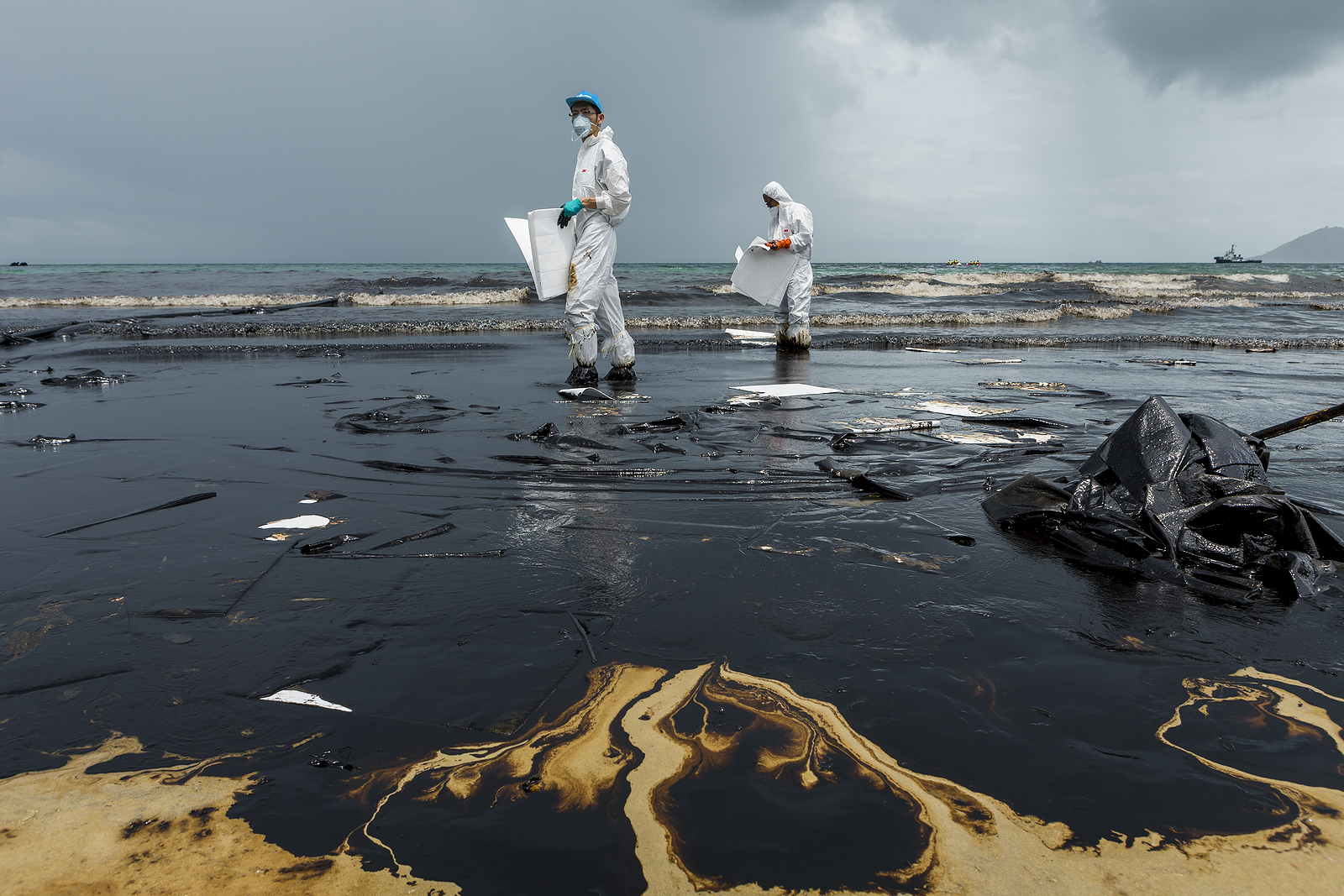
UK Lends Support To Mauritius Oil Spill Response
Ecology and marine legal experts from the UK’s Centre for Environment, Fisheries and Aquaculture Science (Cefas) have been sent in to lend their support to the next phase of Mauritius’s response to its recent devastating oil spill, which saw a ship run aground and break up close to environmentally protected coral reefs.
The country is a biodiversity hotspot, with a high volume of animals and plants unique to the region – and the oil spill has caused significant damage to local marine ecosystems. The UK has also provided £10,000 in new emergency support to the Mauritius Wildlife FUnd to help local nature reserves that have been affected by the spill.
The ecology experts will assess the extent of the damage and help the island work out the best ways to protect the species at risk of oil pollution and restore the coastline to its former glory.
Dr Sue Ware, senior marine monitoring scientist at Cefas and who has gone out to the island to help, said: “We have been observing the oil spill in Mauritius closely and will be offering our support to assist in environmental impact assessment and monitoring to help tackle the pollution – thereby, helping protect livelihoods, the environment and marine life.
“We will work closely with the expert team on the ground, and our colleagues back in the UK laboratory, to apply our experience in marine emergency response to the situation.”
Cargo ship MV Wakashio ran aground on a coral reef in the Indian Ocean towards the end of July, with the Japanese-owned vessel leaking an estimated 1,000 tonnes of fuel oil into the sea on August 6th, when the hull of the ship cracked, according to the Nature journal.
This is apparently the first reported spill of a new kind of low-sulphur fuel, developed to help reduce air pollution, with 15km of the coastline affected by the incident.
President of the Mauritius Marine Conservation Society Jacqueline Sauzier spoke to the news source, explaining that because this is the first time this type of oil has been spilled, there are no long-term studies on the potential impacts it could have.
Because the island isn’t equipped to deal with an incident of this magnitude, other countries have flown in to offer their support, she continued. Teams from France, the UK and Japan have arrived, while the UN also sent in a team of experts to help, working with communities, the government and the private sector to help coordinate the cleanup.
Local Mauritians have also been very proactive in their efforts, as well, with almost 80km of ocean booms crafted out of cane trash over the course of a single weekend to help contain the oil.
Looking for industrial fuel oil suppliers? Get in touch with Re:Group today to see how we can help.
